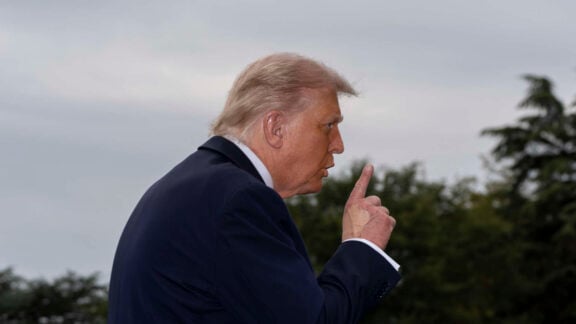Greek as a foreign language is being taught in Russian schools as of 1 January 2017. The final decision and approval was signed by Russian Minister of Education, Olga Vasilieva.
“The introduction of the teaching of the Greek language in primary and secondary education in Russia creates strong promotion of Greek foundations in Russia, as well as prospects for further cooperation in the field of culture and education,” said the new Consul General of Russia in Thessaloniki, Alexander Shcherbakov.
Russia had previously approved the teaching of the language at the department of modern Greek philology of the state University of Kuban, in the Krasnodar region in the south of Russia, within the framework of the government’s policy to offer ethnic minorities the chance to learn their mother tongues.
However, the decision was extended to include the lesson of modern Greek as the official second foreign language taught in schools, after English.
“This achievement comes as a result of many years of efforts of AUTH to promote the Greek language in the Black Sea countries,” noted the Dean of the Aristotle University of Thessaloniki, Pericles Mitkas.
“The modern Greek textbooks the Russian students will be using are already ready,” he enthused.
Although the Greek language is only spoken in Greece and Cyprus as a primary language, the decision by the Russian government to chose it in lieu of other widely-spoken languages like French or Spanish could be interpreted as a political decision, besides the long standing cultural and religious ties between the two countries. Some pundits believe the decision was reached partly as Russia’s efforts to expand its sphere of influence in the wider Balkan region, especially in light of the signs sent by US President-elect Donald Trump that he would follow a more isolationist foreign policy.








